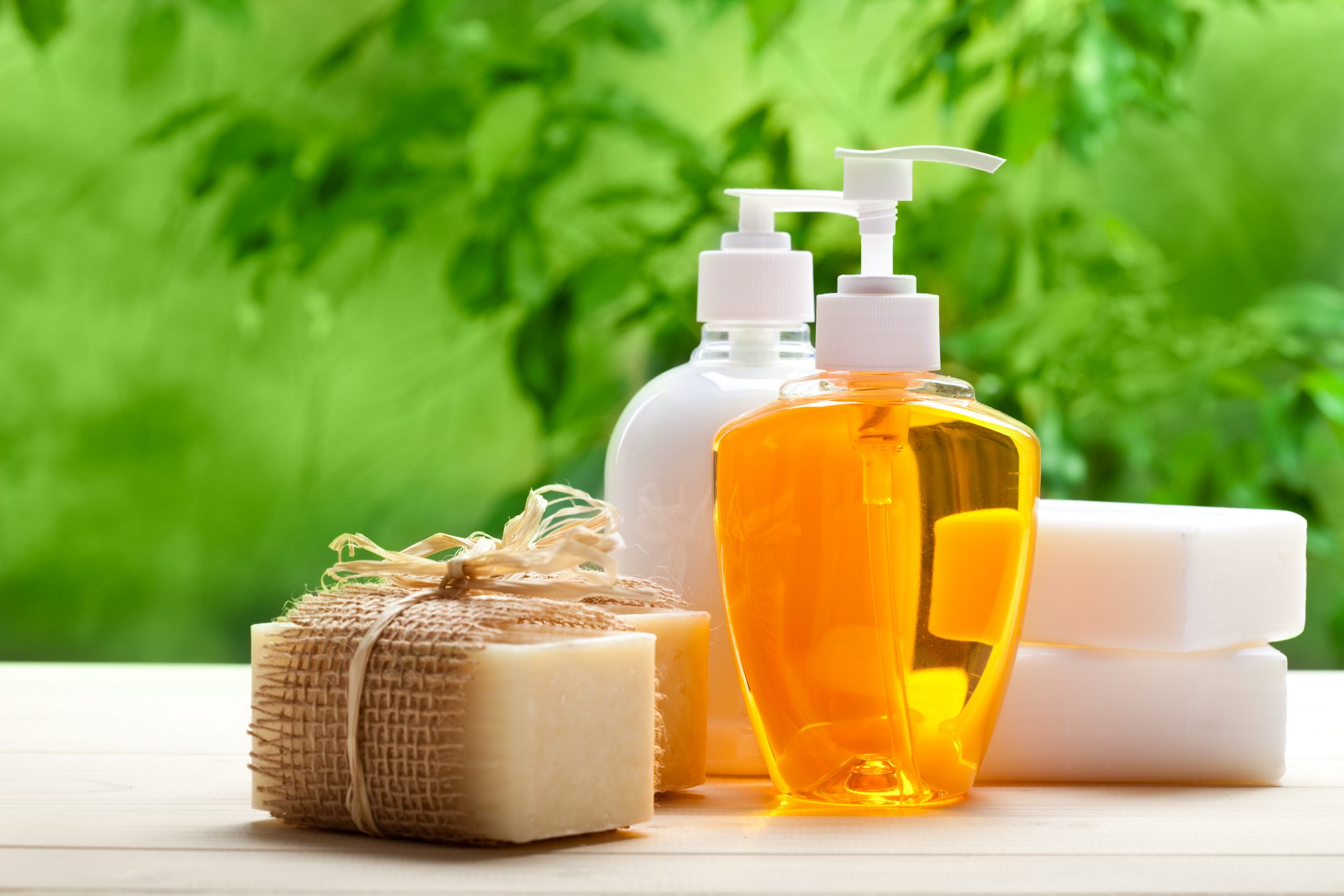How to Buy and Export Soap from Kenya: The Ultimate Guide
How to Buy and Export Soap from Kenya: The Ultimate Guide.
There are plenty of opportunities for you to buy and sell soap from Kenya. This is not just a business opportunity, but also an experience that can make you a part of the global economy. When you buy and export soap from Kenya, think about the people who made it. You’ll be able to support their livelihoods by having them manufacture your goods through buying soap from Kenya.
Why buy and export soap from Kenya?
There are a number of benefits to buying soap from Kenya. For example, the Kenyan government has set up a free trade zone in Mombasa, which means you won’t have to pay import taxes for your products. Additionally, you’ll be able to get more bang for your buck because soap is not only cheaper there but also made from natural ingredients that are high-quality and eco-friendly.
If you choose to buy soap from Kenya, you’ll be supporting local business owners who are struggling with financial difficulties and providing them with the opportunity to create jobs while they grow their businesses. You’ll also be able to get the products that you want when you need them and keep them healthy by respecting ethical guidelines on manufacturing processes.
How to sell your soap
Selling your soap is easy. All you have to do is find a soap wholesaler in your country who will purchase the soap from you. There are a few different ways to sell your soap, including wholesale and retail.
The first thing you need to do is find a reputable wholesale supplier. Wholesalers can help you get the best prices on bulk orders, as well as provide access to additional markets for your soap once it’s sold.
Once you’ve found a wholesaler in your area, let them know you want to sell your products and see what they offer. You’ll typically be required to sign an agreement with the wholesaler and pay their fees before they’ll take on your product. Many times, these fees are around 10% of the total revenue generated by your product sales while they’re on contract with you.
When it’s time for wholesale customers or retailers to order, the wholesaler will send out an invoice that includes information about how much of your product they’re purchasing so that there aren’t any last-minute surprises when you deliver it.
How to get the soap exported
from Kenya
One of the biggest challenges for those who want to buy, export and sell soap from Kenya is knowing how to get their products exported. Here are some tips on what you should know before you start your soap business.
First, look at the countries that welcome Kenyan soaps into their borders. These countries include Canada, Australia, Israel and the United States.
Second, think about shipping costs when buying wholesale products from Kenya. Shipping costs can vary depending on country of destination and type of product being shipped.
Third, check with companies that already have a presence in stores in your country to see if they will carry Kenyan soaps in their shelves. This will make it easier for you to find customers and build your brand awareness in other countries as well as domestically in your country.
Fourth, make sure that you’re checking shipping rates from Kenya to your country as well as from your home country to Kenya.
The best ingredients for making soap
Making great soap is all in the ingredients. The best ingredients are organic, freshly extracted and locally sourced.
Many people think that the best ingredients for soap making are natural oils, like olive oil and avocado oil. However, these oils tend to produce a hard bar of soap that can be difficult to use or scrape off.
Instead of using natural oils, consider using cold-pressed coconut oil as your main ingredient instead. Coconut oil is a great choice because it’s highly-absorbent, low in molecular weight (which means it won’t clog up the pores), and produces a softer bar of soap that can be used easily with one hand without too much effort.
How to find a supplier in Kenya
If you’re a business owner looking to buy soap from Kenya, there are some ways to find the right supplier.
First, consider what type of soap your business needs. Some businesses need large quantities of soap, while others only need small amounts for personal use. You should also consider the timeframe that you need it by and how soon you want to receive it. It’s important to have this information before finding a supplier in order to avoid having products delivered late or lost in the mail.
When you find a company selling soap from Kenya, make sure they have an established reputation and will deliver on time and with quality products. From there, contact them for more information about the logistics of buying soap from them or getting samples.
Conclusion
Buying soap from Kenya is a great way to make some money while you travel. It also helps support a local Kenyan economy by bringing in cash and helping to create new jobs.
But before you start buying and exporting soap, there are a few things you need to know. First, you need to find a supplier. You can do this by asking around at your local barber shop or looking in the classifieds. Once you find one, you need to make sure that the supplier is accredited by the Kenyan government and has a good reputation. The last thing you want is to be scammed.
Once you have contacted your supplier, it’s time to start buying soap. Get a quote from them and shop around. Make sure that the soap you buy is made of natural ingredients and is made without any animal products. Lastly, get your soap to your home country safely!








LEAVE A COMMENT
You must be logged in to post a comment.